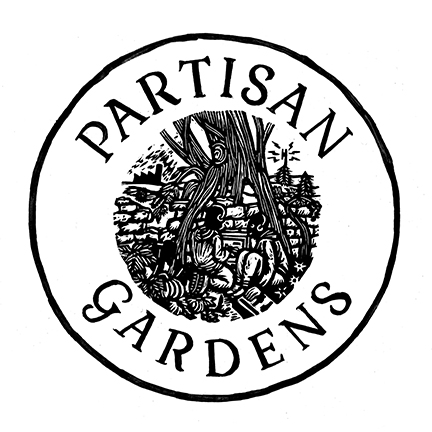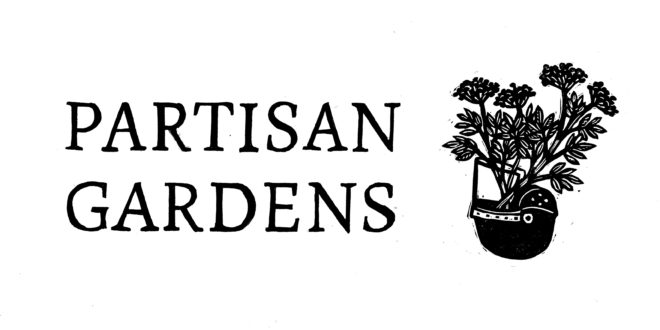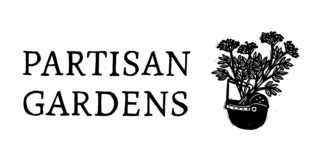Podcast: Play in new window | Download (Duration: 59:00 — 77.5MB)
Subscribe:
This month, Partisan Gardens is all about the banana. Second only to the tomato as the most consumed fruit in the world, the banana has thus far only been made available in temperate regions through a violent extraction process led by multinational corporations. Attacks against this colonial system likely began at least as early as the 1870s, when bananas were first imported to the US. Corporations such as United Fruit Company and Standard Fruit became notorious for their repression against workers and opponents. In one such crackdown, which came to be known as the Banana Massacre, the Colombian Army murdered as many as 2,000 striking workers at the behest of the United Fruit Company in December 1928.
____
Nowadays, United Fruit is called Chiquita International, and Standard Fruit has rebranded as Dole. They continue to hold sway over national governments and rule over large swaths of territory. Today we bring you two different stories of people working against the banana plantation and its world, who are trying to destitute Dole in one way or another. First we’ll hear a reading of an essay published on Inhabit: Territories by opponents of plantation-style agriculture in Louisiana. They are preparing for climate change by encouraging decentralized banana production within multi-species food forests, as an alternative to monoculture.
____
Next, we hear from anthropologist Alyssa Paredes about struggles in the Philippines for chemical justice by residents of Mindanao’s ‘banana belt’. The talk is entitled We Are Not Pests: The Campaign for Chemical Justice in Mindanao’s Banana Belt.
In it, the author describes her time with some of the people living alongside big monoculture banana plantations in the Philippines, and explores the multi-species chemical and political interactions at play in the struggle against toxic aerial spraying.
Paredes is a socio-cultural anthropologist with research interests in the human, environmental, and metabolic infrastructures of transnational trade. She uses multi-sited, multi-scalar, and multi-lingual methods to carry out immersive and socially engaged fieldwork in the Philippines and Japan.



